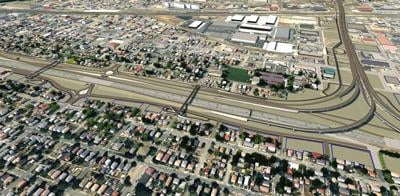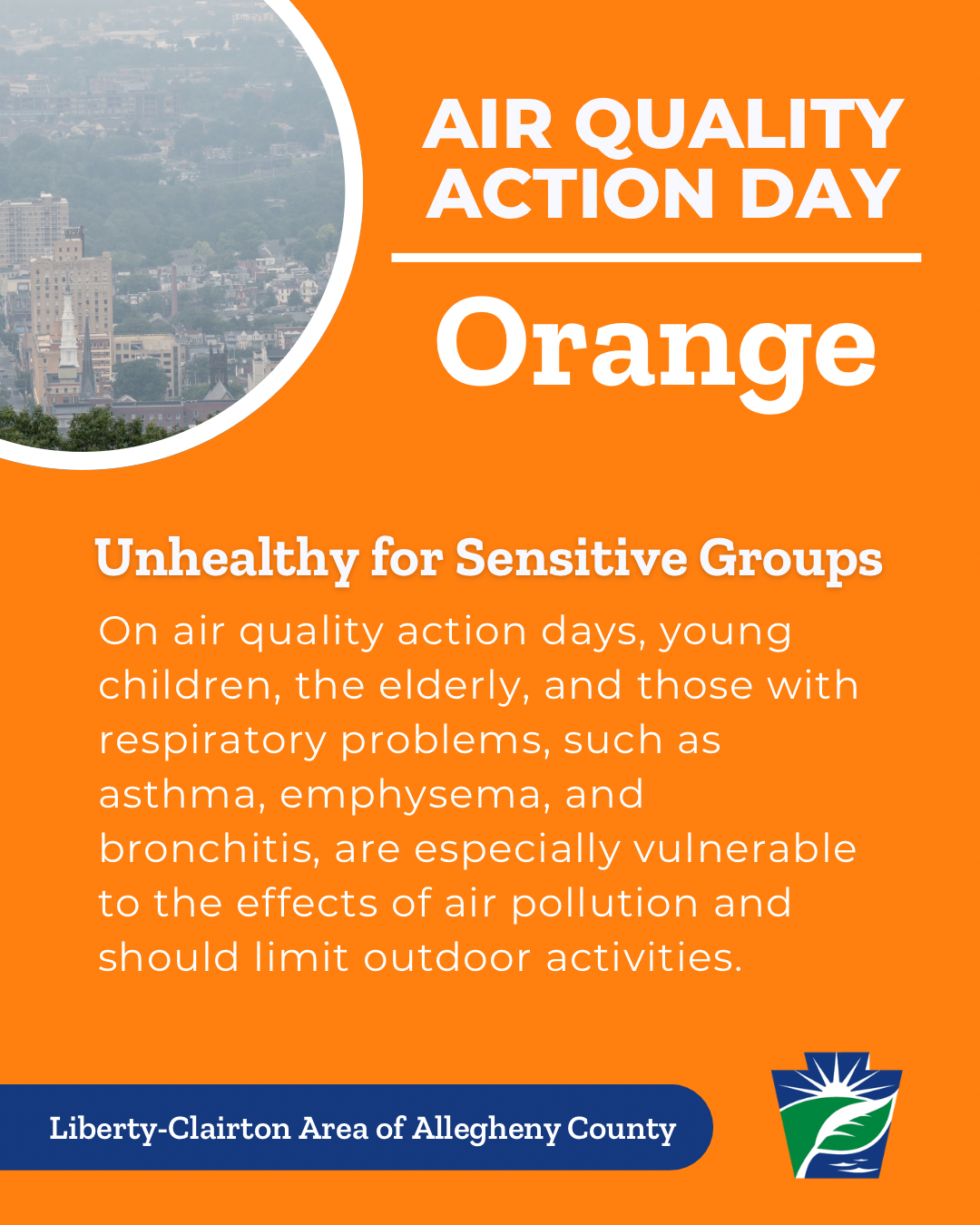Community workshop to shape Spokane’s public spaces along I-90 – FOX 28 Spokane

Community Engagement Initiative for Sustainable Urban Development Along the I-90 Corridor
Executive Summary
The Washington State Department of Transportation (WSDOT), Eastern Region, has launched a public engagement initiative titled the “Placemaking Engagement Series.” This long-term project, running from November through April 2026, is designed to foster collaborative community input on the future development of public spaces along the I-90 corridor. The series directly supports the achievement of several United Nations Sustainable Development Goals (SDGs) by promoting inclusive urban planning, multi-stakeholder partnerships, and participatory governance.
Alignment with Sustainable Development Goals (SDGs)
- SDG 11: Sustainable Cities and Communities: The core objective of the initiative is to enhance public spaces, directly contributing to Target 11.7, which aims to provide universal access to safe, inclusive, and accessible green and public spaces. By focusing on community-led “placemaking,” the project seeks to create a more resilient and sustainable urban environment for residents of Spokane and Spokane Valley.
- SDG 17: Partnerships for the Goals: This series exemplifies Target 17.17 by fostering a multi-stakeholder partnership between a government entity (WSDOT) and the public. The collaborative platform is essential for mobilizing the collective knowledge and resources needed to achieve sustainable development outcomes.
- SDG 16: Peace, Justice and Strong Institutions: The workshop model promotes inclusive and participatory decision-making, a key component of Target 16.7. By ensuring that community members have a voice in the development of their local environment, the initiative strengthens the responsiveness and accountability of public institutions.
Placemaking Engagement Series Overview
- Objective: To provide a collaborative platform for community members to shape the future of public spaces and placemaking features along the I-90 corridor.
- Duration: The series will commence in November and is scheduled to continue through April 2026.
- Scope: Participants will engage in discussions regarding significant local areas, review previous community input, and explore innovative ideas for urban space enhancement.
Inaugural Workshop Details
- Date: Thursday, November 20
- Venue: Frances Scott Elementary, Spokane
- Schedule:
- 4:30 p.m. – Doors Open
- 5:00 p.m. to 7:00 p.m. – Workshop Session
- Agenda:
- Recap of previous community feedback and planning efforts.
- Discussion forum on meaningful places within East Central and the City of Spokane Valley.
- Ideation session for new placemaking features and improvements.
Analysis of Sustainable Development Goals in the Article
-
Which SDGs are addressed or connected to the issues highlighted in the article?
The article primarily addresses issues connected to the following Sustainable Development Goals:
- SDG 11: Sustainable Cities and Communities
This goal is central to the article, which focuses on a “workshop focused on the future of public spaces along the I-90 corridor.” The initiative by the Washington State Department of Transportation to engage the community in “placemaking” is a direct effort to make urban settlements more inclusive and sustainable. - SDG 16: Peace, Justice and Strong Institutions
This goal is relevant because the article describes a public institution (the Washington State Department of Transportation) creating a “collaborative platform for community members.” This initiative promotes inclusive and participatory decision-making, which is a key aspect of building effective and accountable institutions.
- SDG 11: Sustainable Cities and Communities
-
What specific targets under those SDGs can be identified based on the article’s content?
Based on the article’s content, the following specific targets can be identified:
- Target 11.3: “By 2030, enhance inclusive and sustainable urbanization and capacity for participatory, integrated and sustainable human settlement planning and management in all countries.”
The “Placemaking Engagement Series” is a direct example of promoting “participatory… planning.” The workshop’s aim to “recap previous community input and explore new ideas” demonstrates a commitment to involving the public in the planning and management of their urban environment. - Target 11.7: “By 2030, provide universal access to safe, inclusive and accessible, green and public spaces…”
The entire initiative is centered on the “future of public spaces” and “placemaking features.” By inviting the community to “discuss meaningful places,” the project aims to create public spaces that are inclusive and accessible to the people who use them. - Target 16.7: “Ensure responsive, inclusive, participatory and representative decision-making at all levels.”
The article highlights a government agency actively seeking “community input” through a “collaborative platform.” This workshop series is a mechanism for ensuring that the decision-making process regarding public infrastructure and spaces is participatory and responsive to the needs of the community members in Spokane.
- Target 11.3: “By 2030, enhance inclusive and sustainable urbanization and capacity for participatory, integrated and sustainable human settlement planning and management in all countries.”
-
Are there any indicators mentioned or implied in the article that can be used to measure progress towards the identified targets?
The article, being an announcement, does not provide quantitative data but implies several indicators that could be used to measure progress:
- Implied Indicator for Target 11.3: The existence and operation of the “Placemaking Engagement Series” itself serves as an indicator related to SDG indicator 11.3.2 (Proportion of cities with a direct participation structure of civil society in urban planning). The article states the series “continues through April 2026,” which points to a structured and regular process for public participation. The number of participants and the frequency of these workshops could be used as metrics.
- Implied Indicator for Target 11.7: Progress towards this target would be measured by the outcomes of the workshops. While not explicitly stated, the creation or improvement of public spaces along the I-90 corridor as a result of the “new ideas for placemaking features” discussed would be the key indicator. Community satisfaction with these new or improved spaces could also be a qualitative measure.
- Implied Indicator for Target 16.7: The level of public engagement in the workshops is an implied indicator. The number of “community members” who participate and the extent to which their “community input” is incorporated into the final plans for the I-90 corridor would measure the inclusiveness and responsiveness of the decision-making process, aligning with the spirit of SDG indicator 16.7.2 (Proportion of population who believe decision-making is inclusive and responsive).
Summary of Findings
| SDGs | Targets | Indicators (as implied in the article) |
|---|---|---|
| SDG 11: Sustainable Cities and Communities | Target 11.3: Enhance inclusive and sustainable urbanization and capacity for participatory planning.
Target 11.7: Provide universal access to safe, inclusive and accessible public spaces. |
The establishment and continued operation of the “Placemaking Engagement Series” as a structure for direct public participation in urban planning.
The eventual development or improvement of public spaces based on the “new ideas for placemaking features” generated during the workshops. |
| SDG 16: Peace, Justice and Strong Institutions | Target 16.7: Ensure responsive, inclusive, participatory and representative decision-making. | The level of community participation in the workshops and the degree to which “community input” is integrated into the final plans for the I-90 corridor. |
Source: fox28spokane.com
What is Your Reaction?
 Like
0
Like
0
 Dislike
0
Dislike
0
 Love
0
Love
0
 Funny
0
Funny
0
 Angry
0
Angry
0
 Sad
0
Sad
0
 Wow
0
Wow
0















































































